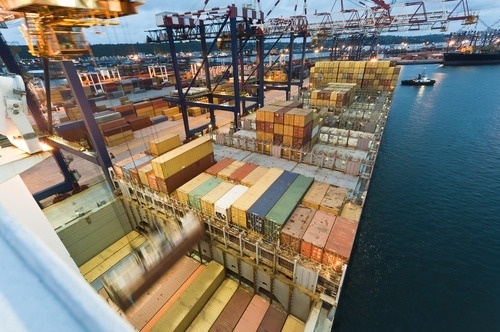In recent weeks, the UK has received some much-needed positive export news. According to the Office for National Statistics, the country’s monthly exports to China have hit £1 billion for the first time and the UK trade gap narrowed to £2.6 billion in April. The British Chambers of Commerce has also announced a record proportion of UK services companies reporting an increase in exports in the second quarter of 2013.
This suggests that we are succeeding in building some positive relationships outside the troubled Eurozone, and that the UK’s export agenda might just be working. While there are calls for more to be done, it is important to ensure these new ventures are not undermined by a lack of business protection.
Launching a business can be a bit of an unknown for the first-time entrepreneur. This does not compare however to the challenges of doing business in a foreign market, where laws, regulations, health and safety standards and environmental risks can differ substantially from the home market. Here are some key considerations to ensure you have adequate cover:
Local knowledge
Every state, economy and region has its own quirks and traps for the unwary. For example, did you know that anyone who buys goods in Nigeria is forbidden to insure those goods outside of the country? Or that Eastern Russia carries more risk than Western Europe?
These risks need to be considered as part of any export plan, and should be discussed with a suitably qualified broker with experience in the relevant territories.
Suppliers
Many businesses will use overseas suppliers for the manufacture of goods or provision of materials at some point in their lifetime. This can help to manage costs, but also carries a number of risks such as fire and injury – particularly where health and safety standards are relatively low.
SMEs need to understand these risks and conduct a full impact assessment, in order to develop a solid business recovery plan. For example, if there was a fire at a manufacturing plant in China, how long could your business cope, where else could you manufacture these goods and how quickly could the back-up line be up and running? You can insure against these risks with an ‘overseas supplier extension’.
Customers
When sending goods to customers abroad, it is essential to be clear on what you are, and are not, liable for. These terms will have a significant bearing on your liability if goods go missing in transit, or whilst in storage, for example.
Transport
Any interruption to the transportation of goods abroad can have a serious impact on your business. There is also a real risk of goods being damaged or lost in transit, due to human, mechanical or environmental risks. To reduce the impact on your business, it is important to understand who is liable and the extent of these liabilities.
For example, a haulier’s insurance is unlikely to cover the cost to your business if you are dealing in low weight, high value goods. Your own policy must be tailored to account for this.
Environment
UK businesses are familiar with the impact that extreme weather conditions such as floods and snow and ice can have on their balance sheets. However, they may be less familiar with the many different environmental risks that foreign territories face every year, such as earthquakes in Japan.





